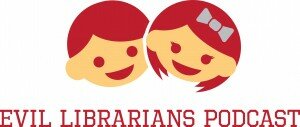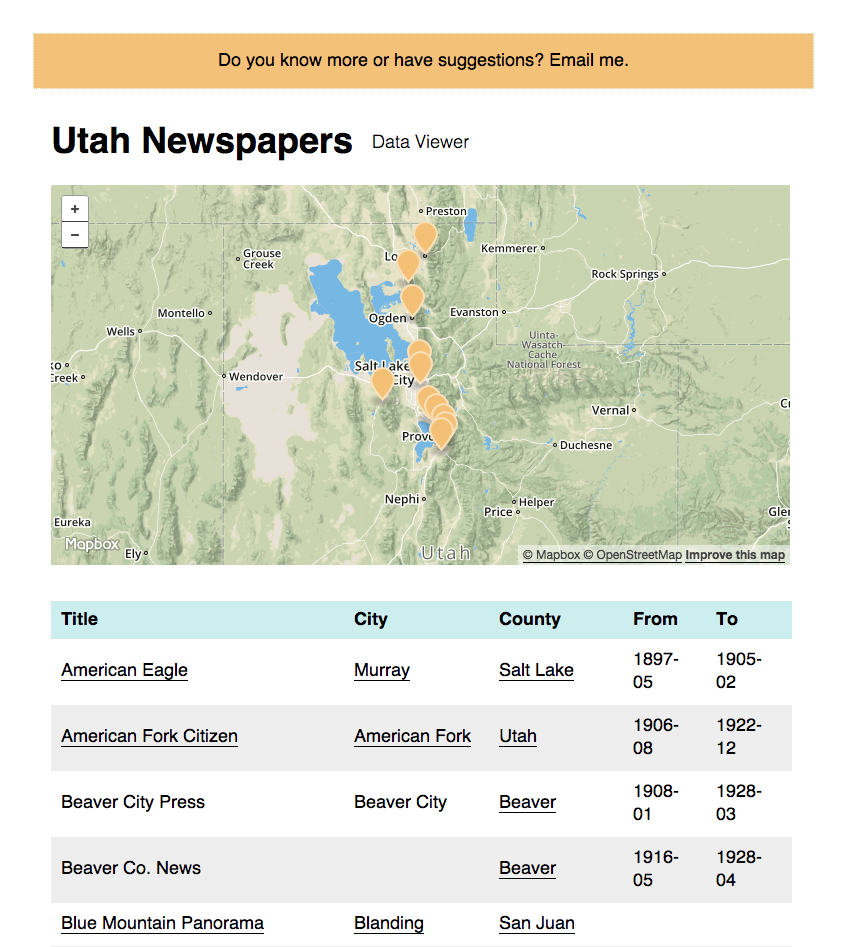 By: Rebekah Cummings, Assistant Director–Mountain West Digital Library
By: Rebekah Cummings, Assistant Director–Mountain West Digital Library
Last week, Sonia Sotomayor spoke to a sold out crowd at the University of Utah about her life, her work as a United State Supreme Court Justice, and her new memoir, “My Beloved World.” The format for the event was a Q and A session between Justice Sotomayor and Christine Durham, Utah’s first female Supreme Court justice, who served as a moderator for the event. Rather than stay on the dais with Justice Durham, however, Justice Sotomayor wandered through the crowd answering questions, taking pictures with children, and speaking eloquently on topics such as books, art, childhood, and feeling like an outsider.
What does this have to do with Creative Libraries Utah, you ask? Through most of the Q and A — and likely in her memoir as well — Justice Sotomayor spoke incessantly of books. Growing up poor in the Bronx to Puerto-Rican born parents, books for Sotomayor were a pathway to a different world. She read voraciously as a child and credits her desire to be a lawyer — and drive a hot rod — to Nancy Drew. Sotomayor spoke lovingly of her neighborhood library in the Bronx, which seemed miraculous to her as a child. Books? For free? Yes, please! For librarians this story is a tale as old as time and always reinforces the importance of libraries, especially for children with limited opportunities to secure books elsewhere.
At one point in the session, however, Sotomayor said something that knocked me off my high horse. She said that in all those weekly trips to the library throughout all those years of her childhood, she never had any idea what librarians did besides check out books. They never took any interest in her. Huh, what? How could any librarian not take an interest in a precocious little girl who consumed books like Hummers consume gasoline? What an incredible missed opportunity to impact the life of a woman who would go on to become a U.S. Supreme Court Justice. To be sure, Sotomayor still has incredibly fond memories of her library, but how much fonder would those memories have been had they included a librarian who helped her select literature, enlisted her to be a volunteer in summer reading programs, or helped her with her college applications?
Perhaps I’ve gotten used to people waxing poetic about their childhood experiences with librarians. I love passages like this one from Neil Gaiman that extoll the virtues of librarianship:
They were good librarians. They liked books and they liked the books being read. They taught me how to order books from other libraries on inter-library loans. They had no snobbery about anything I read. They just seemed to like that there was this wide-eyed little boy who loved to read, and would talk to me about the books I was reading, they would find me other books in a series, they would help. They treated me as another reader – nothing less or more – which meant they treated me with respect. I was not used to being treated with respect as an eight-year-old. (Neil Gaiman, Why our future depends on libraries, reading, and daydreaming)
This is the kind of passage that makes me proud to be a librarian. In contrast, when I heard Justice Sotomayor say that she didn’t know what the librarians at her library did, I felt like, as a profession, we had failed her. No matter how many amazing books she was supplied, she still was not served.
Which got me thinking. What would we want our patrons to say about their libraries in front of a sold-out crowd at the University of Utah? Would we want them to merely look back fondly on the place they got books as a child? Or would we want them to talk about the librarian who impacted their life? In my beloved world, it would be both.
Like this:
Like Loading...
 Tegan Davis returns from her hiatus to talk about the highs and lows of designing and publishing a new website for your library. Tegan gives great advice for all phases of such an important project and highlights some of the many pitfalls. We discuss project management generally and Dustin complains about bidding processes in government organizations.
Tegan Davis returns from her hiatus to talk about the highs and lows of designing and publishing a new website for your library. Tegan gives great advice for all phases of such an important project and highlights some of the many pitfalls. We discuss project management generally and Dustin complains about bidding processes in government organizations.

